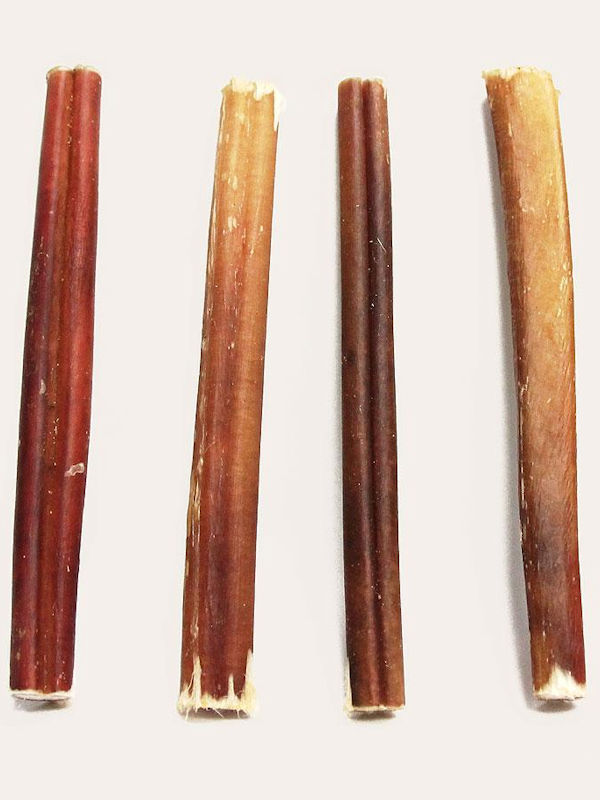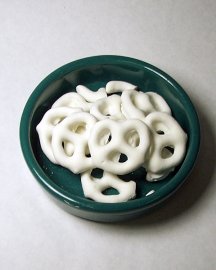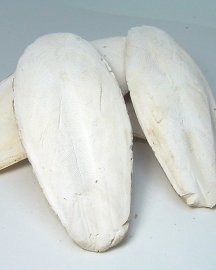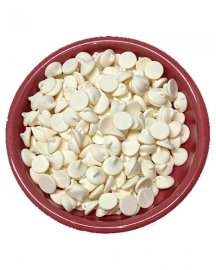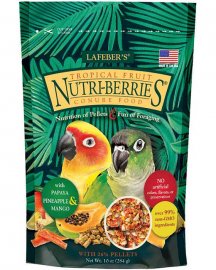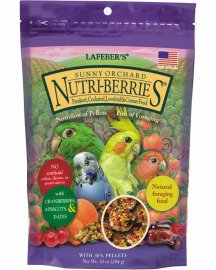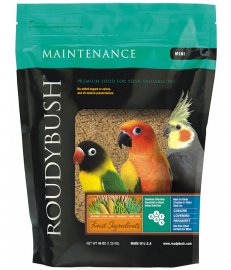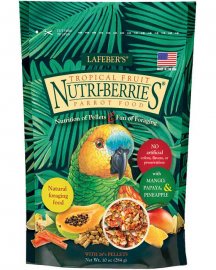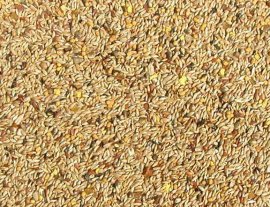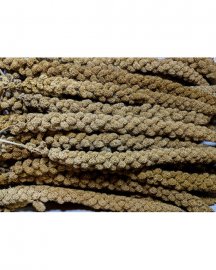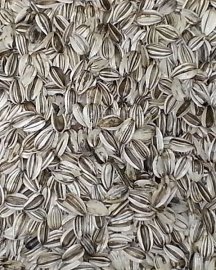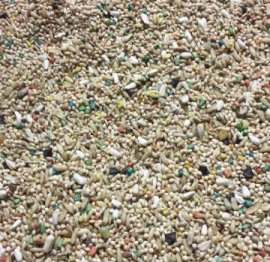Natural Dog Odor Free Standard Bully Sticks
This odor free bully stick will NOT smell while your dog is chewing it. Always recommend bully sticks to new puppy owners, puppies can't resist chewing on bully sticks and this will prevent the puppy from developing bad habits like chewing on shoes and furniture.
Great for anxious or active dogs, as chewing calms dogs down and relieves stress. A long lasting chew for puppies and dogs weighing up to 40 lbs, moderately lasting for larger dogs!
- Odor Free
- Grass Fed, Free Range from South America
- No Additives
- All Natural with Healthy Quality Ingredients
Ingredients
100% bull pizzle, sourced from free-range South American cattle.
We hand-sort all of our bully sticks by weight, to ensure a consistent product. 6" standard bully sticks weigh 17 - 24 g.
Note
Pictures show variations in sticks. Order by by package quantity.
This odor free bully stick will NOT smell while your dog is chewing it. Always recommend bully sticks to new puppy owners, puppies can't resist chewing on bully sticks and this will prevent the puppy from developing bad habits like chewing on shoes and furniture.
Great for anxious or active dogs, as chewing calms dogs down and relieves stress. A long lasting chew for puppies and dogs weighing up to 40 lbs, moderately lasting for larger dogs!
- Odor Free
- Grass Fed, Free Range from South America
- No Additives
- All Natural with Healthy Quality Ingredients
Ingredients
100% bull pizzle, sourced from free-range South American cattle.
We hand-sort all of our bully sticks by weight, to ensure a consistent product. 6" standard bully sticks weigh 17 - 24 g.
Note
Pictures show variations in sticks. Order by by package quantity.
-
TypeNatural Bones & Chews
-
FlavorBeef
-
Package QuantitySingle - 6 Inch Standard Bully, 5 Pack - 6 Inch Standard Bully
-
BrandThe Natural Dog Company
How Do you make odor-free bully sticks?
We are able to produce odor-free bully sticks because of the level of care and labor that goes into manufacturing our treats.
>> Our way of making bully sticks: immediately after slaughter, the pizzles are collected and stored in a refrigerated truck, until it makes its way to the processing plant. From here, the pizzles are stored in a freezer until they’re ready to process. Refrigeration is very expensive in Brazil, so not all manufacturers of bully sticks are willing to spend the additional money to include that step in their manufacturing process. Each pizzle is washed thoroughly in a hot water rinse - both blood and urine are water soluble so this step will remove most of the odor. The bully stick is then hung vertically and then baked - since it’s hanging vertically the remaining odor can drain throughout the cooking process.
>> The cheap way of making bully sticks: after the cattle is slaughtered, various body parts (including the pizzle) are set aside while it festers until workers come to collect them to make dog treats. The bully sticks are collected and then sun dried on steel corrugated roof tops. This is the cheapest way to make bully sticks. This process does nothing to remove odor - much of which is caused by the blood and urine present within the pizzle.
Why do we purchase bully sticks from South America rather than the USA?
Three major things: diet, hormones, and age of slaughter of the cattle.
In Brazil, cattle are slaughtered at 40 months of age, they are left intact longer, and they are grass fed, which is a natural diet for cattle.
In the USA, cattle are slaughtered at under 36 months of age, they are castrated early so they don’t have the hormones to develop the way that an intact bull can develop. They are also grain fed. When a cow is fed primarily corn, rather than grass, they have a lot more fat deposited in their tissue. This means that a bully stick from a grain fed steer will be a lot more greasy than a bully stick from a grass fed bull. Steer sticks are about 11% fat, whereas a bully stick from grassfed cattle is 0.5% fat - so there’s a significant difference! Bully sticks from steer will also be a lot skinnier and “wrinkly” compared to a bully stick from an intact bull, which will be much thicker and overall much more appealing to consumers.


